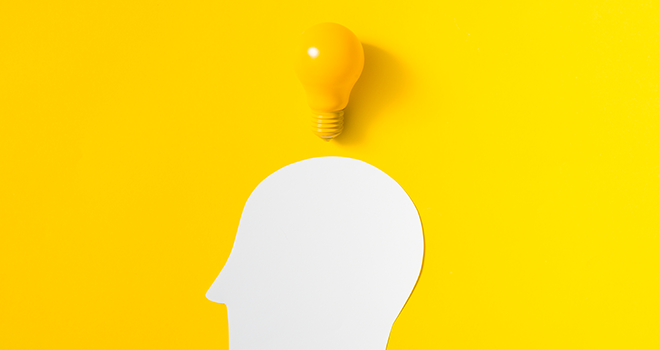In January 2020, the World Health Organisation confirmed that the coronavirus is a public health emergency of international concern. Not only the daunting health implications of the virus, but also the physical restrictions on our movement have caused high levels of panic and anxiety. The virus has also had a significant impact on global financial markets, adding to existing stress.
In this time of uncertainty, it is important to remember that we are not helpless. We are able to control our own response to this disease and to what is happening in the world. One way of doing this is to make use of the practice of mindfulness, which can be defined as the capacity to be wholly focused on what is happening in the present moment without overreaction or judgement.
While mindfulness is an ancient practice, its rise in popularity has been linked to modern life stressors such as technological developments that, while making our lives more convenient, have also led to constant stimulation and connection, increasing levels of stress, anxiety and depression. The fast pace of innovation has also caused increased anxiety around how likely our career or planned career could become outdated.
Mindfulness aids in developing the capacity to alleviate stress and anxiety and to improve productivity. Many people believe they are too busy to take part in activities to reduce stress and anxiety, however these simple ways to incorporate mindfulness in our daily lives include almost no extra time, and can be done at any stage of the day:
| ● | activities that engage the senses such as focusing on the smell while cooking a meal, or focusing on the feel of water on your body as you take a shower, or focusing on your posture as you take a walk around your house. |
| ● | slowing down and focusing on what you are eating, taking the time to enjoy the food – noticing the smell, the texture, the taste. |
| ● | practicing a few minutes of yoga stretches and focusing on your breathing and the stretch of your muscles as you do these exercises |
| ● | taking two minutes to practice focused breathing, and becoming aware of how you breathe in an out. |
We all have different ways of coping with modern life stresses and pressure. Some individuals are more likely to isolate themselves or to rely on substances such as alcohol or food to refrain from facing their thoughts and feelings. Others are more likely to increase their exercise or to reach out to friends. Behaviours that have shown to improve resilience to stress include maintaining a strong social network, regularly exercising, practicing gratitude and practicing mindfulness.
Take the time to reflect on your resilience and mindfulness strategies through completing the short questionnaire below.
| Mindfulness techniques/ practices | Yes | No |
| Do you engage in busy activities to avoid facing your internal thoughts and feelings? | ||
| Do you practice meditation? | ||
| Do you exercise daily? | ||
| Do you practice gratitude on a daily basis? | ||
| Do you use alcohol, tobacco or food to avoid facing your internal thoughts and feelings? | ||
| Do you take time out for yourself to rest and reflect on your needs? |
If you would like to know more about mindfulness, and also how to incorporate this in the workplace, you can complete the MBSE course: A guide to Mindfulness in the Workplace.
This course has been approved for 1 CPD hour.



